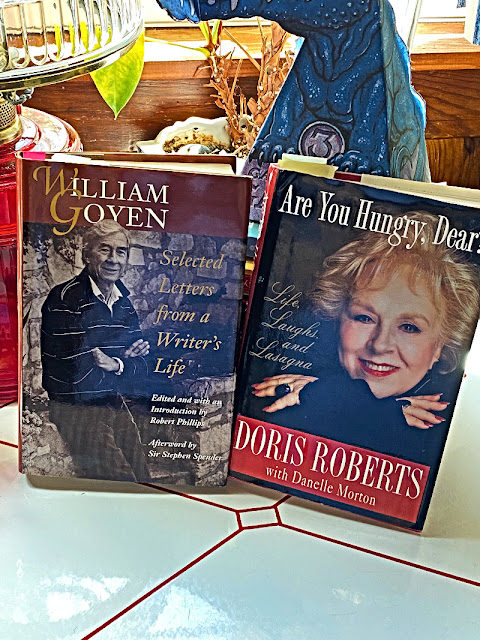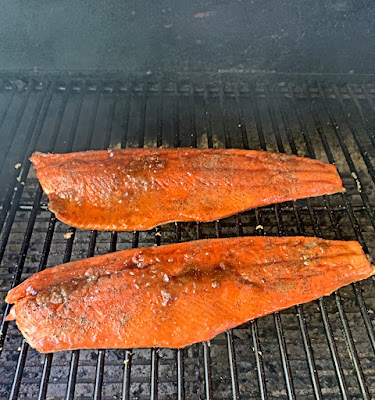These pictures are a few months old, meant to show a stack of books to be donated that I no longer wanted to take up valuable bookshelf space.
And the dragon atop the books came to visit me after he appeared on my son's YouTube channel as an optical illusion. (I suppose he would be called a Mona Lisa effect illusion where the eyes continue to stare at you?)
Here's a link to my son's channel showing the illusion.
I won't be able to see if the link works until it publishes but I hope it works for you. If it does, isn't that a weird optical illusion?
If you have a husband or son or grandson who is into odd technical devices like geiger counters, I know my son would welcome new subscribers. Of course I subscribe simply to see my son's hands show his latest acquisition and listen to the current music he's chosen. He has always loved classical music.
Anyway, I couldn't understand what I was seeing and he brought the dragon to visit one day, forgot it when he left and I continued to dragon-sit until the next visit.
And now to a quick, I promise, glimpse of the books that aren't getting a permanent space on my shelves.
Do you recognize any that you might have read?
Let's start with one I thought was superbly written, La's Orchestra Saves the World by Alexander McCall Smith.
While I love McCall Smith, it is only his Isabel Dalhousie mysteries set in Edinburgh that I collect and keep. This book was set in England in World War II and what impressed me about it was that the author wrote the book convincingly as someone from that era would have. Most of the time historical romance is so obviously written by someone of the future trying to be of that time period. It must be very hard to pull off, I've tried it, but McCall Smith does it so naturally.
Are You Hungry, Dear? by the inimitable Doris Roberts was a fun and interesting and sometimes sad read of her life and favorite recipes. I guess I will always think of her as Marie on Everybody Loves Raymond who has an opinion on everything and isn't shy about letting the world know it.
But did you know that she was married to author William Goven? I didn't until I read her book and strangely enough, on a visit to Goodwill after reading it, his name leaped out at me in the book section. I love reading published letters of celebrities lives and this book was Selected Letters from a Writer's Life.
I admit I gave up halfway through and just skipped ahead to his marriage to Doris. Actually, I don't think I ever finished one of his novels. These both went to Goodwill for someone to discover.
Not going to even mention the rest of the books in the donate stack. I'm sure that the fault of them not clicking with me is simply because I love old books better than most contemporary ones.
I did donate this old book though, even though it was rare online. Perhaps a reseller will pounce on it.
Earl Derr Biggers was the author of the Charlie Chan mysteries that I remember seeing in black and white television in my youth. And then Charlie Chan seemed to disappear, evidently because he became thought of as portraying stereotypical roles that were rightly no longer tolerated.
There, that's fairly short, isn't it? For me?











































